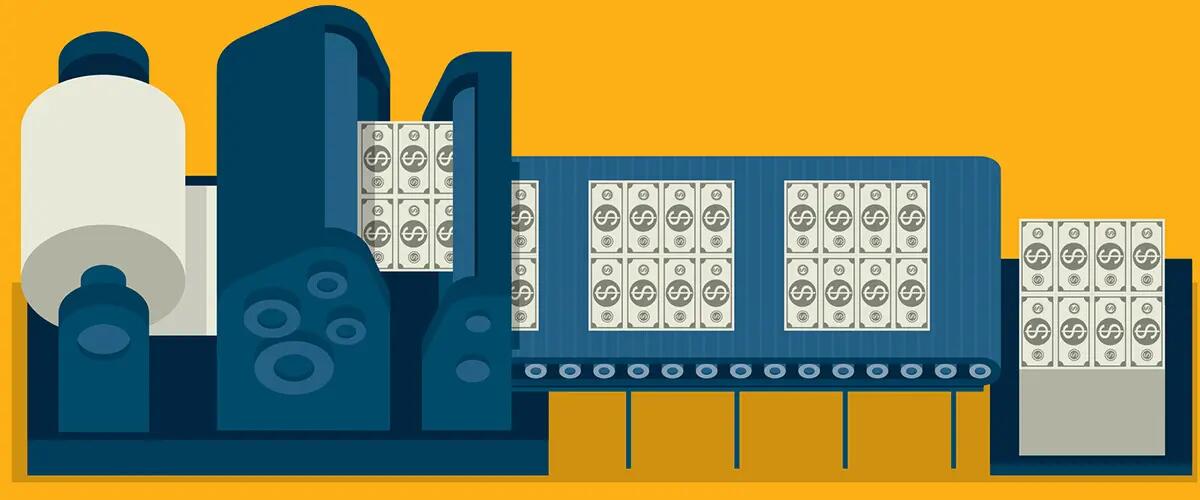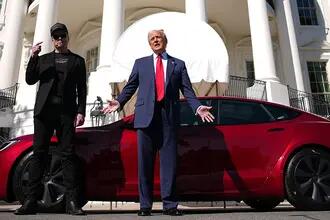
Do Budget Deficits "matter" anymore?
By Farrokh Langdana, Director, Executive MBA Program & Professor of Finance and Economics
All views expressed here are those of Prof. Farrokh Langdana’s and not those of the Rutgers Executive MBA Program or Rutgers Business School.
For more of Prof. Langdana’s blogs please visit his Faculty Blog: business.rutgers.edu/Langdanamacro.
Monetary policy (printing money = M) has lost its mojo due to the ongoing Liquidity Trap during the pandemic. This is ensuring that M won’t ripple into the economy and cause inflation. Deficit Sustainability has been rendered redundant – “deficits don’t matter” anymore…(Gulp).
While the rampant increase in M due to quantitative easing (QE) and monetizing the deficits is great for Covid relief and to essentially keep “oil in the engine” and prevent the economy from seizing up, it will not be enough to jump start growth. Covid relief will keep the engine running but it is not enough to accelerate the car. [For a review of Modern Monetary Theory (MMT) and the Liquidity Trap visit: https://www.business.rutgers.edu/business-insights/modern-monetary-theory-and-covidonomics-how-will-end].
Hence the huge focus on the "other button," good government spending (G). Proposals from the Fed and from Biden come fast and furious for G: infrastructure, education, water supply, the power grid, etc. Trump’s proposal during the past four years to build “The Wall,” all 30 sordid new miles of it, is not an example of good G .

Tax cuts? The Trump cuts aimed at large corporations and billionaires – it was, very simply, a welfare plan for billionaires. And it largely did not work, commensurate to the magnitude of the cuts. Most of the Trump tax cuts went towards share buybacks – unlike Reagan's tax cuts that pulled women into the workforce and increased the employment participation rate.
See “US Companies' tax windfall fuels record share buybacks,” and scroll down for some shocking examples. The listed companies simply bought back their shares, driving up the share prices. They did not indulge in the main goal of the corporate tax cuts, which were for increased hiring and capital investment.

Restore higher tax hikes on billionaires? Do it! Many of the billionaires actually claim that additional tax cuts were unnecessary. And tax cuts for them will not suddenly make them rush out and hire MBAs and vice versa. At that high-income level, demand is extremely inelastic.
Deficits "may not matter" for now under the "circumstantial macro" that yields a perfect storm for unremitted borrowing and monetization. But it would be a Fool's Paradise to think that this perfect storm will last forever. Deficits "will matter" soon, and the more we curtail G and restore tax revenues, the better.
One thing I know from my engineering background: you cannot get something from nothing. Otherwise we violate the principles of physics. There is a cost to everything. MMT is circumstantial. It is very timely, and very useful and very expedient. But very circumstantial!
Press: For all media inquiries see our Media Kit


